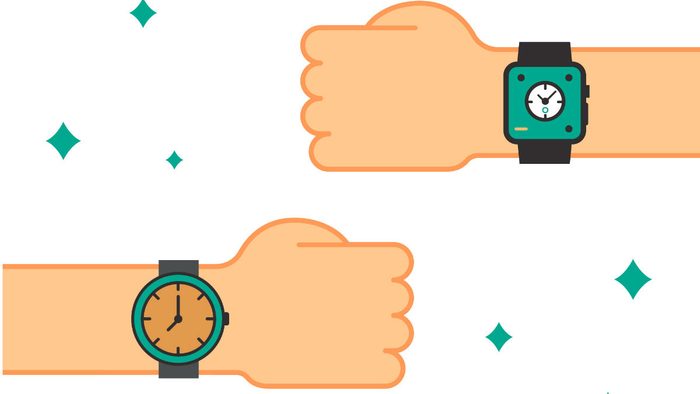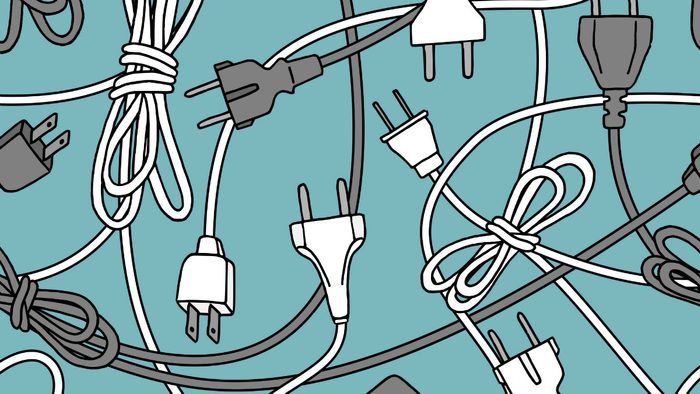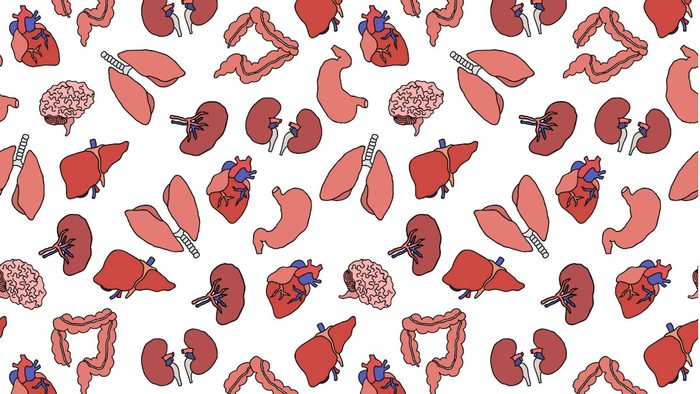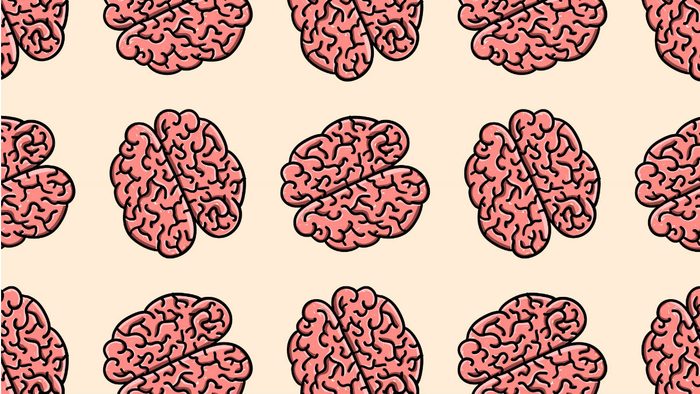
What is intermittent fasting?
Intermittent fasting involves regularly restricting your calorie consumption (or abstaining from consuming any food whatsoever) for a certain period of time, making it more of a change to the pattern of when you consume food and drink rather than a diet that alters what you’re eating.
Find out what two dietitians think about this way of restricting calories.

Why is it so buzzy right now?
There are a slew of stars who’ve reportedly done intermittent fasting to maintain their toned bodies: Beyoncé, Miranda Kerr, Liv Tyler, Christy Turlington, Terry Crews and Hugh Jackman, to name just a few.

When do you eat during an intermittent fast diet?
There are a few different ways you can schedule your fasting. The more popular patterns tend to be 5:2 (that is, restrict calories two days of the week), the 16/8 method – also called LeanGains (in which you eat only during an eight-hour period each day, fasting the remaining 16 hours), and Eat-Stop-Eat, which involves fasting for a 24 hour period, once or twice a week.

What can you eat if you’re intermittent fasting?
During the fast period, you can drink water, coffee, tea and other non-calorie drinks, but you’re not to consume food. What you eat is less of a focus for this diet, which has resulted in intermittent fasting getting a bad rep (with some followers posting on social media about devouring unhealthy, fatty foods while on this diet); however, proponents recommend following a wholesome, balanced diet of lean proteins, lots of fruits and veggies and minimally processed carbs.
These are the healthy foods you should be eating. Every. Single. Day.

How does it feel when you’re intermittent fasting?
Some people report feeling good and more energy during the fast period. The initial period when you kickstart this diet is likely a big adjustment, but most people report that it soon becomes easier to manage. You may experience irritability and lethargy, too, in the early stages of adapting to the new pattern of eating and being in a fasted state.

How does intermittent fasting work?
By changing the pattern of when you eat, you force your body to function in a fasted state. Rather than call on your usual energy (the food you consumed recently), in a fasted state, your body is more likely to draw on the energy or fat that is stored in your body as that’s what it has access to. And if you work out in a fasted state, again, your body must go to the fat stored in your cells to get you through your fitness regimen.
Are you a fat burner or a sugar burner? Find out how your body burns calories.

Who should not fast?
If you have diabetes or suffer from hypoglycemia, you should consult with your doctor or dietitian about whether this fasting method is something you can safely The same goes for pregnant women. Although there have been no studies focused on intermittent fasting and pregnant women, one study that focused on pregnant women who fasted for Ramadan found that the fasting did not hurt maternal or fetal health. Other research, published in the journal Placenta, found that placenta development slowed when pregnant women fasted for Ramadan, but became more efficient so fetal growth was maintained.
Serena Williams refused to give up this during her pregnancy.

Is fasting stressful on the body?
Yes, but it might be a good thing. Also called the fast diet, the stress to your body caused by fasting, say researchers, helps strengthen your cells, in the same way the stress of exercise helps your muscles grow stronger. Which could make your cells better able to manage stress and researchers speculate better prevent disease. The same study, which was conducted on rodents, found that intermittent fasting can extend lifespan.
This is how to exercise in your 20s, 30, 40s, 50s and so on.

What are the benefits of fasting – in addition to weight loss?
Fasting has been found in research to help maintain learning and memory functioning. According to this study conducted with mice, yes. Mice who were subjected to an alternate-day fasting diet had better learning and memory abilities and lower oxidative stress compared to mice who were given a high-fat diet.

Anything else?
Fasting can alleviate asthma symptoms. One study, published in Free Radical Biology and Medicine, found that overweight adults with moderate asthma who followed an intermittent fasting diet (which had them consuming 20 per cent of their usual calorie consumption every other day) lost eight per cent of their body weight over eight weeks. Besides weight loss, the subjects also had decreased oxidative stress and inflammation, and their asthma symptoms improved.

How is intermittent fasting different from continuous fasting?
Fasting every other day or just two days a week sounds much easier than fasting on an steady basis, and it turns out it’s equally good for you. In a study published in the journal Obesity, researchers worked with overweight women and compared intermittent and continuous fasting and how each affected conditions including breast cancer, diabetes and cardiovascular disease. They found that restricting calories intermittently was as effective as continuous fasting when it came to weight loss and insulin sensitivity.
These 10 ways to move more and eat less are as simple as it gets.

Is it healthy?
In a review published in the Journal of the Academy of Nutrition and Dietetics, researchers found that the long-term effects of intermittent fasting must be examined, and they also pointed to the fact that most studies have been conducted in animal trials. Additionally, they note that weight loss could be attributed to total reduction of calorie consumption over a period of time, versus the effect of fasting periods, which they point out is unsustainable in the long term.
This is what science really has to say about calories and how they affect body weight.
